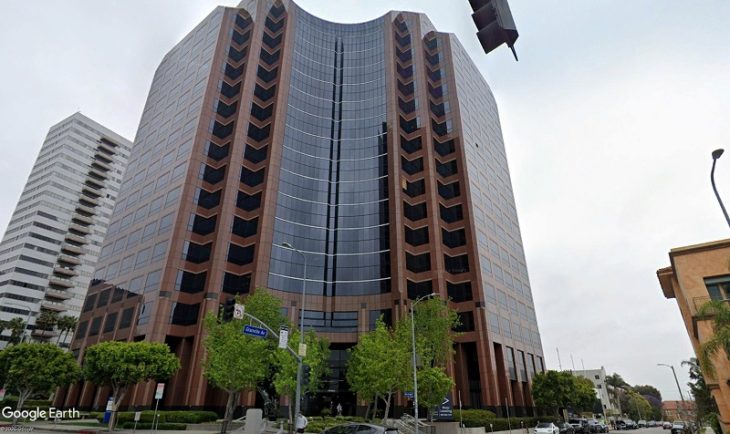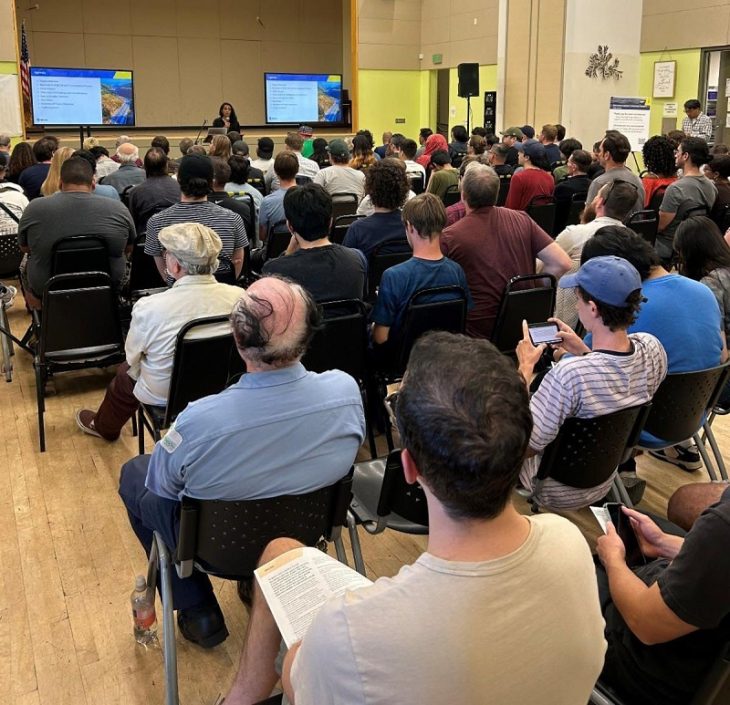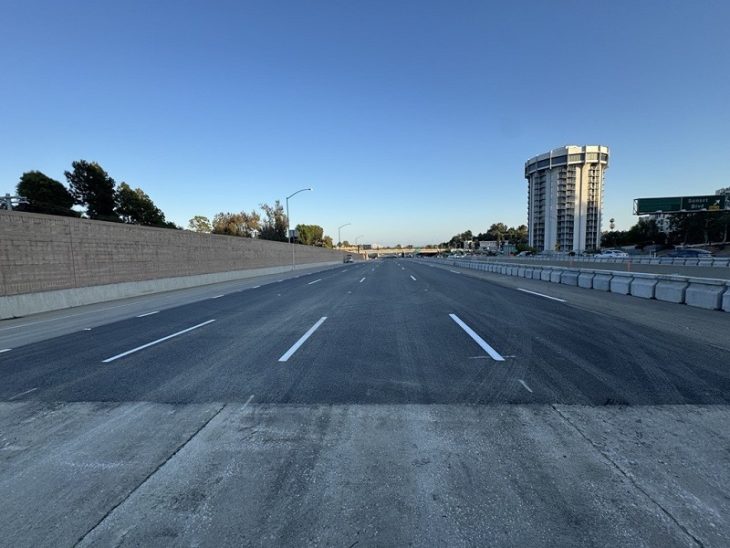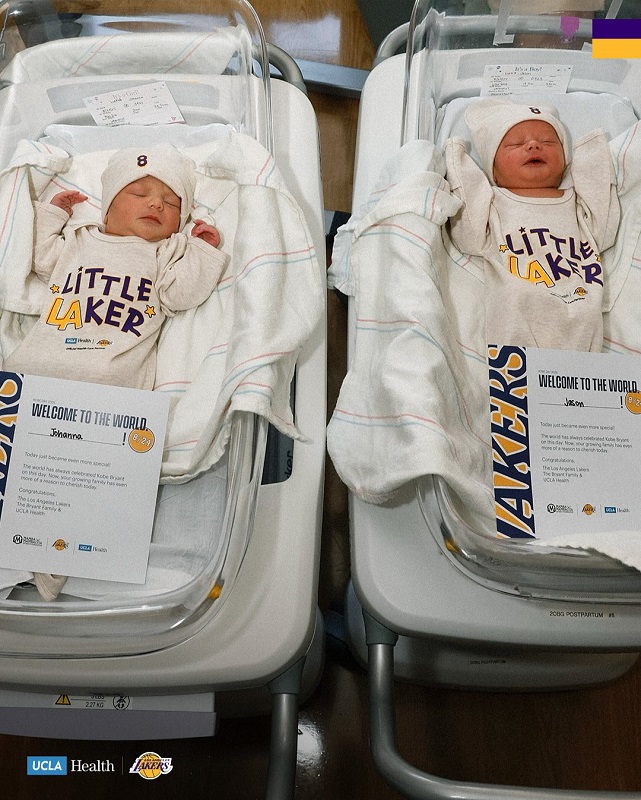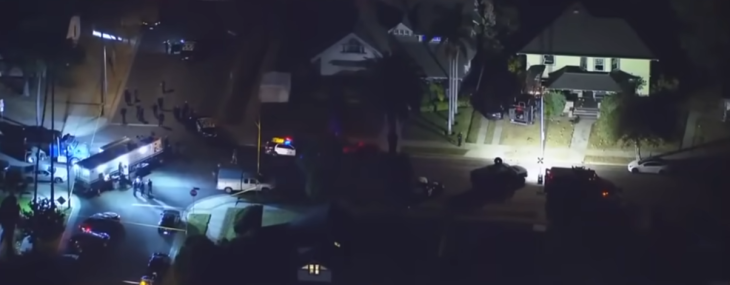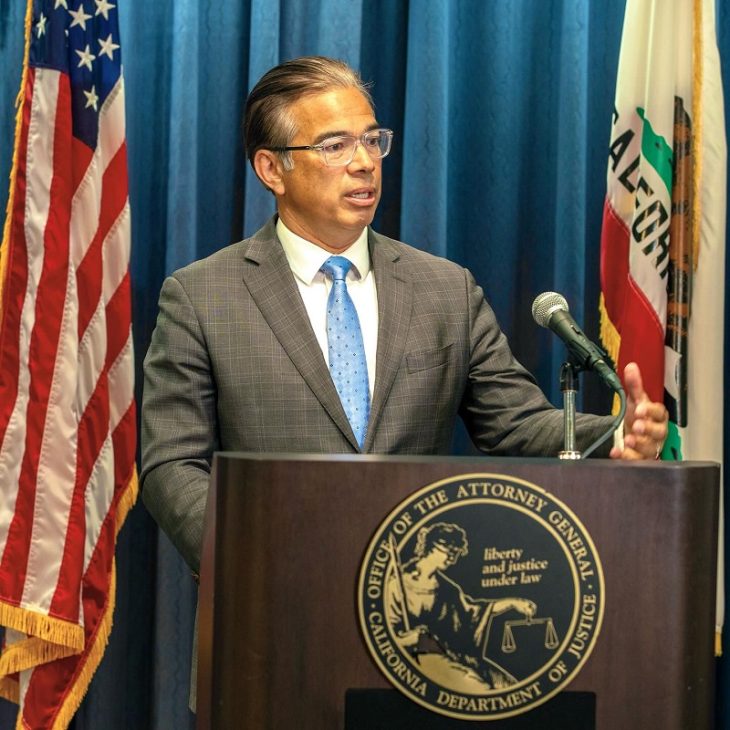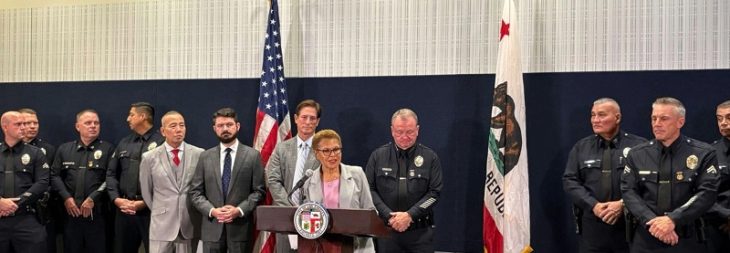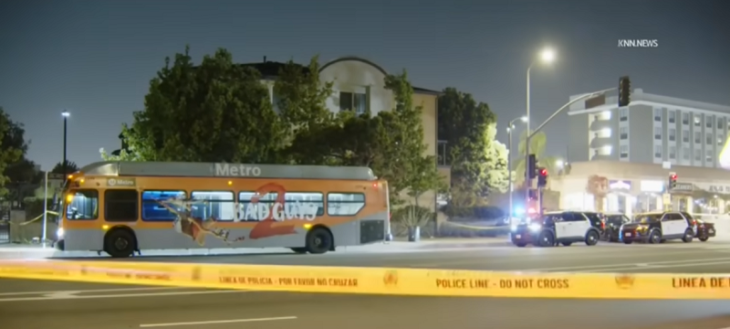 A proposed law that prohibits the storage of property in public areas such as a sidewalk while allowing transients to keep a recycling bin’s worth of belongings in a public area, if no alternative storage space is available, will be considered by the Los Angeles City Council.
A proposed law that prohibits the storage of property in public areas such as a sidewalk while allowing transients to keep a recycling bin’s worth of belongings in a public area, if no alternative storage space is available, will be considered by the Los Angeles City Council.
The council will consider amendments to a law known as 56.11 that prohibits tents and other living space to be set up between 6 a.m. and 9 p.m. and does not allow any storage of personal property in public areas.
The changes, which include an exception that allows some attended property if no alternative storage is available, are aimed at making the law stand up better against legal challenges from advocates for the homeless who say it criminalizes homelessness.
Top homeless services officials for the city and county also urged the city to change the law, saying not doing so jeopardized about $110 million in federal funding needed to provide housing and other services to the homeless.
After the City Council voted last November to amend the law to remove aspects that could be seen as criminalizing homelessness, the U.S. Department of Housing and Urban Development awarded the first chunk of the funding — $84.2 million — to the Los Angeles Homeless Services Authority.
But the actual language for the amendments promised by the City Council last fall are only now being considered today, and advocates for the homeless are saying the proposed revisions still contain criminal penalties that would primarily affect the homeless.
Under the revisions, it is unlawful for homeless individuals and others who refuse to take down their encampments during the day or prevent a city employee from doing so.
It would also be a misdemeanors if an individual delays, resists or obstructs a city employee from moving, removing, impounding or discarding personal property stored in a public area.
In cases in which the city is unable to provide adequate storage space nearby or offer subsidized transportation to a storage area, homeless individuals would be allowed to store a 60-gallon bin’s worth of belongings — including deconstructed tents, bedding, clothes, food, medicine, documents and other personal items — on the sidewalk.
The revised ordinance would still allow the city to impound property that is left unattended and any property that is in excess of the 60 gallons.
Council members and city attorneys said earlier this month the amendments are aimed at giving the city a way to keep sidewalks clear and accessible while allowing homeless individuals to keep some belongings if there are no other places to store them.
Assistant City Attorney Valerie Flores told the Homelessness and Poverty Committee that the 60-gallon provision was included in the hope of striking “the right balance” but added that “this is sort of uncharted territory” in terms of whether the courts would accept it.
She said the provision is an improvement over the existing law, which “did not allow anything a person couldn’t carry.”
“We do believe this is a lawful ordinance and a court would appreciate the dueling interests that we’re trying to serve and hopefully uphold the ordinance,” Flores said.
The City Council had originally planned to take up the proposed amendments on March 18, but postponed the issue. On the same day, attorneys with the Legal Aid Foundation of Los Angeles submitted a letter to the council voicing concerns that even with the amendments, the ordinance remains unconstitutional and would continue to criminalize homelessness.
“The adoption of the proposed ordinance and the inevitable enforcement creates significant sanctions against homeless people and gives unprecedented authority to city employees and contractors to seize and destroy homeless individuals’ property,” the attorneys wrote. “In doing so, it violates the United States Constitution.”
They added that the proposed ordinance fails to take away criminal penalties, and keeps “significant elements that criminalize homelessness.”
The proposed ordinance could cost the Los Angeles area the remaining $24 million in HUD grants being sought by the city and county’s joint homelessness services authority “at a time when the city and county can scarcely afford to lose a single dollar in federal funding for the homeless,” the attorneys said.
The attorneys’ letter was also copied to Mayor Eric Garcetti, City Attorney Mike Feuer, Los Angeles Homeless Services Authority Executive Director Peter Lynn, and HUD Secretary Julian Castro.


